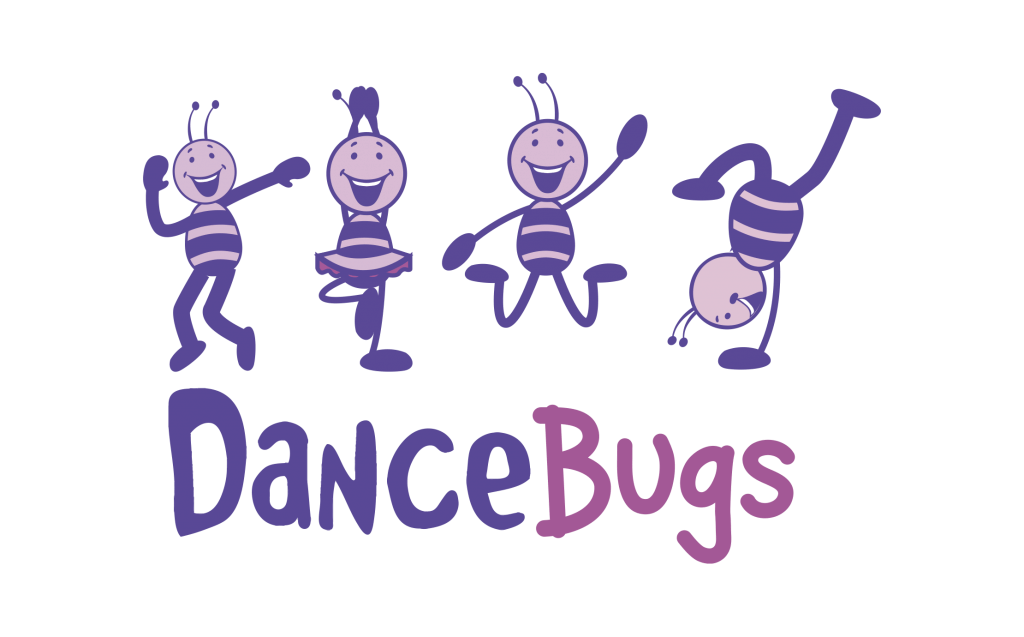As our children return to school after a long summer break, these a chance they may feel anxious or nervous about returning to a school routine.
Some children may be happy to return to the class, but others will find the prospect quite daunting. Knowing how to help your child deal with these emotions and feelings is extremely important. Being able to effectively reduce any anxiety in your child will help for a smoother transition back into school life.
How can you help your child/children return to school?
Talk about school
You can help your child manage their worries and anxieties by talking about them. Start talking about what your child’s daily routine will look like and help create a clear picture of what the return to school will look like. Address and openly talk about any worries they may have.
Make yourself available
Create opportunities and a safe space for your child to talk to you. When school starts, ensure that you are talking about your child’s day with them – what they’ve learned, the highlights and things they found hard.
It’s good to encourage conversation as it shows them that you are interested in what they’re learning and are there to support them.
Start new routines
You can’t expect your child to go immediately from a relaxed and flexible holiday routine to a school routine. You should introduce a set routine at least one week before the school year begins, setting mealtimes, bedtimes etc.
Routine is important for children; it shows them what to expect and allows them to become familiar with their everyday activities/tasks.
Reintroduce the sleep routine
This will undoubtedly be the hardest to reintroduce if it hasn’t been followed throughout their time off. Reintroducing your child’s normal sleep routine in the weeks before school starts will be essential in their ability to settle back into school life.
Convey calm
It’s natural for all parents to have some sort of anxiety about returning their child to school. However, despite what you feel on the inside, it’s important to convey calm to your child.
To do this, you must think about:
- What you say (what they might overhear)
- Your body language
- Tone of voice.
If you have any doubts about how your child is doing once school has started, ask their teachers, and talk to your child.












